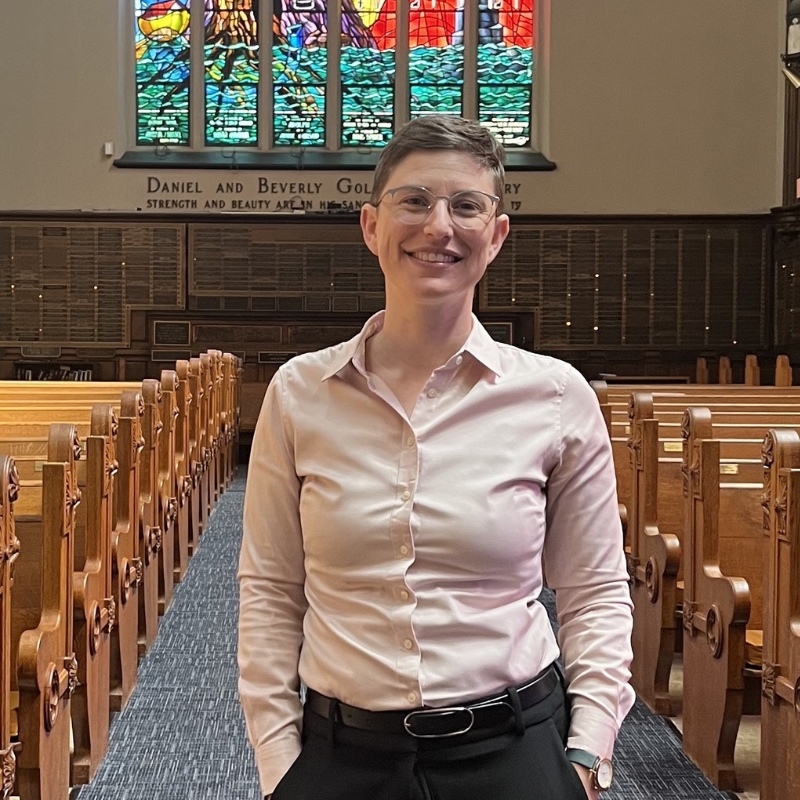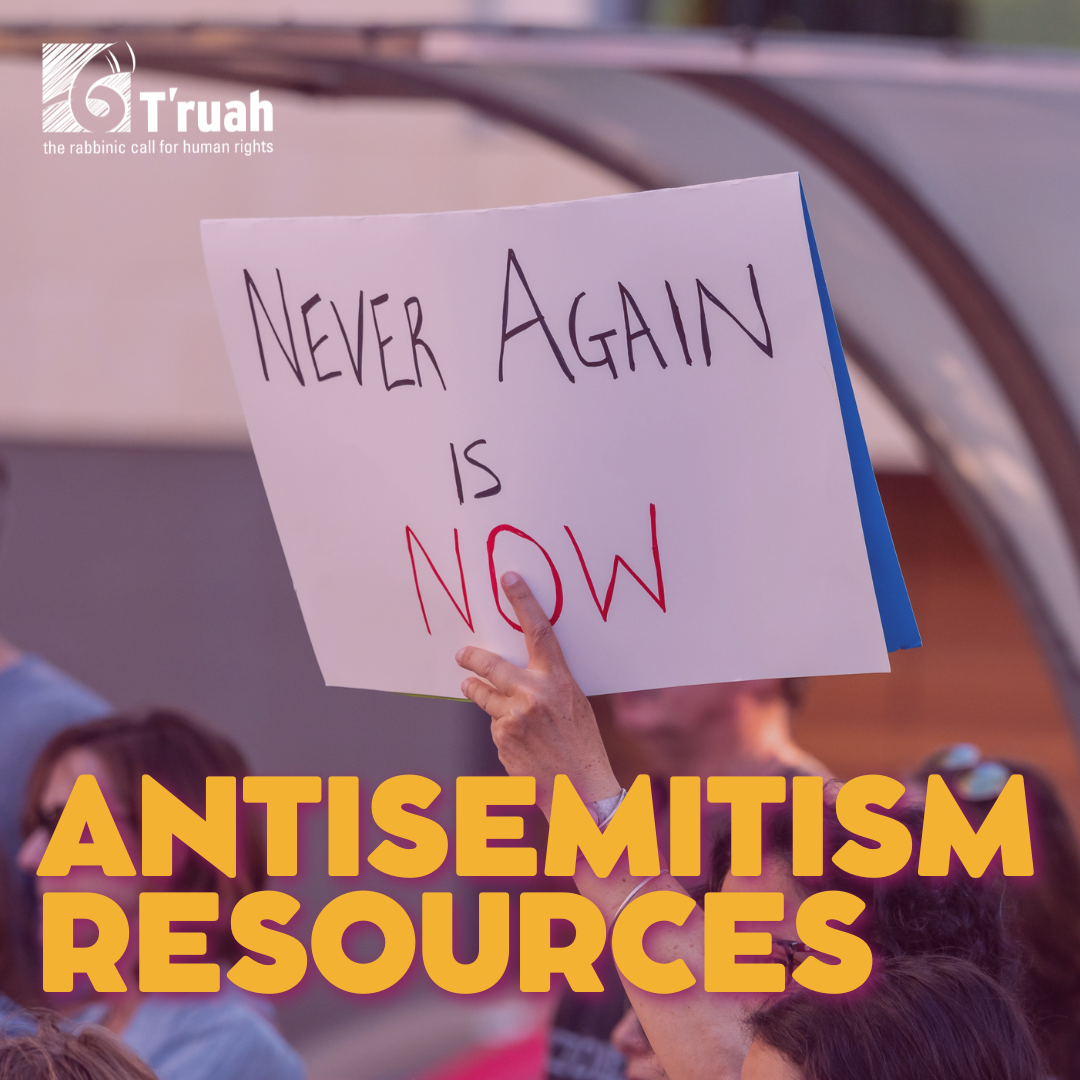Resources
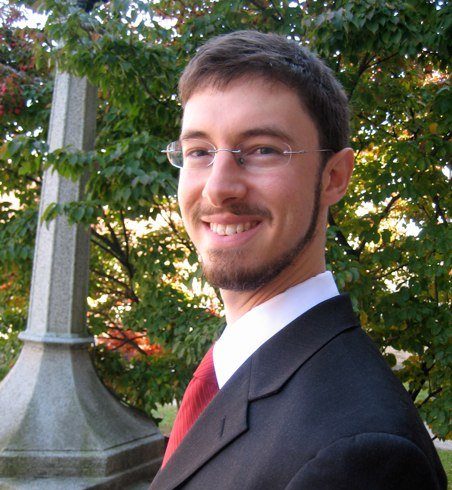
The Voice of God
The image of God—tzelem Elohim—is often front and center in animating Jewish human rights work. The recent release of the movie Exodus: Gods and Kings (which, admittedly, I have not seen) gave me pause to contemplate the tzelem’s counterpart—the voice of God. Director Ridley Scott is taking some flak for casting 11-year-old Isaac Andrews as...
more
Resources from Our Allies: Right Now
T’ruah is the fiscal sponsor of Right Now, an organization of American and Israeli Jews that advocates for the rights of African asylum seekers in Israel.
more
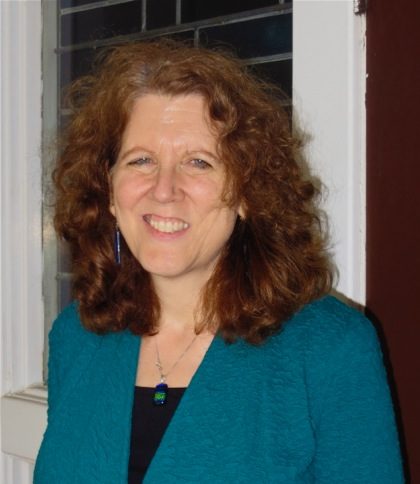
Who Stands With You?
Early one Friday morning in June, I stood with a group of hotel housekeepers who were about to do something very brave. Returning from a one-day strike, as a protest against unsafe working conditions, they feared retaliation. Juan Carlos was selected to be the first worker to punch the clock at 7 am, hoping that...
more
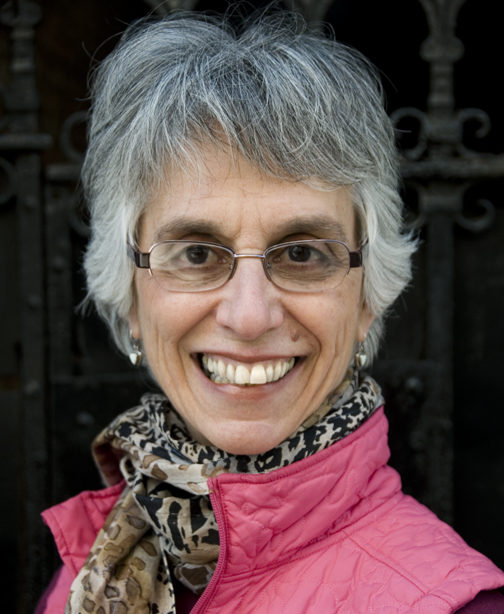
Yom Kippur at the Lincoln Memorial
I was having lunch with a dear rabbinic colleague. After inquiring into each other’s health and family, I said “I just read the Pope’s Encyclical. It is fantastic. Have you read it?” My friend looked at me quizzically and said, “I never read the Popes’ encyclicals.“ “Well, I never have either, but this is really...
more

A Long Walk Continued
Nelson Mandela called his autobiography Long Walk to Freedom, and that title resonates with this week’s Torah portion, Haazinu. This parashah is only one chapter long; it is written in two columns in poetic form, resembling a two lane road; and it records Moses’ last song to the Children of Israel. It is a last...
more
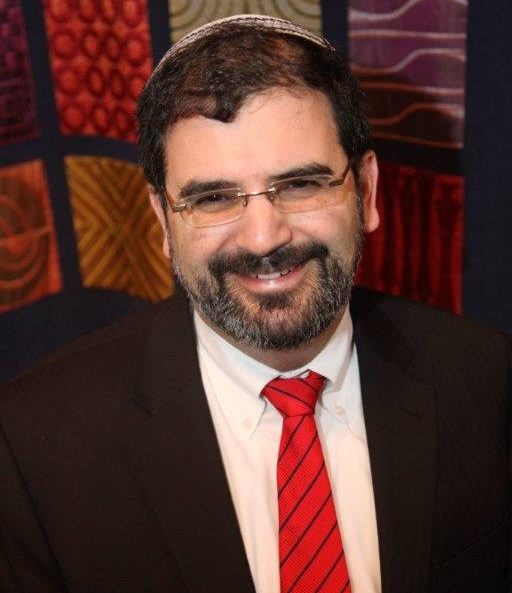
“Get Out of the Ark!”
We can imagine how miserable it was for Noah, his wife Naamah, and their whole family, spending nearly a year in the ark, filled with pairs of every animal and bird species – let alone seven pairs of the kosher animals! Yet, it seems that somehow Noah was hesitant to leave the ark. He sends...
more

Our Immigrant Ancestor
Avraham Avinu, our common ancestor Abraham, was an immigrant. “Go,” God commands in this week’s portion, “from your land, from your native territory, from your father’s house to the land that I will show you.” Taking his wife Sarai, his nephew Lot, and his household members with him, Abram (as he is still named at...
more
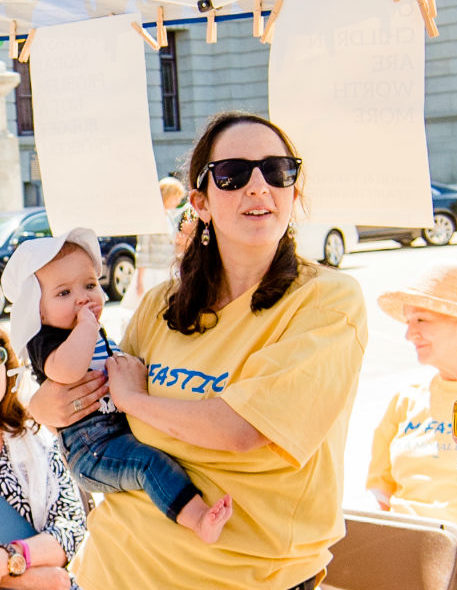
An Echo of Shofar
At the end of June, my husband and I took our daughter, Zohar, to Harrisburg. She was six months old at the time. We each put on a tallit (the baby’s was a black onesie screen-printed with an image of a tallit) and gathered in a tent on the Capitol steps along with rabbis, cantors...
more
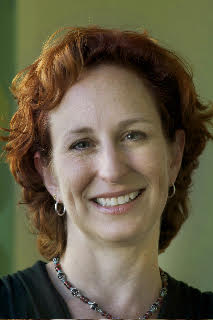
No More Sarahs
Last April, I traveled to Washington D.C. to visit my son at college. Georgetown University is a great place and, by all accounts, safe. We were in the bookstore when, suddenly, the entire student center was on lockdown. A policeman explained that the night before two students had been robbed at gunpoint outside the business...
more
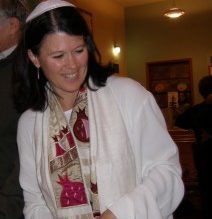
Keep Digging
Parashat Toldot tells a story of three wells dug by Isaac. Abraham Avinu has just died, and Isaac, not yet “Avinu,” seems to struggle to find his own way in the world. He is summoned, but the path is not clear. Isaac sets about re-digging his father’s old wells. Is he searching for something of...
more

